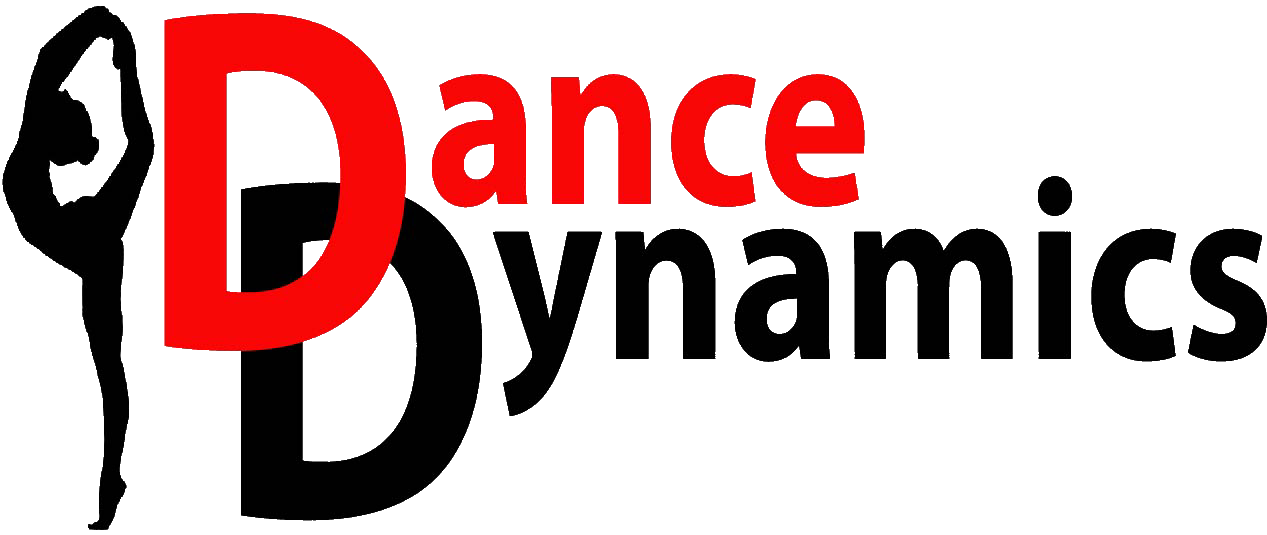How Babies Know How to Dance
Dancing is a natural way of expressing emotions and feelings in humans. Even babies with limited physical abilities seem to have an innate sense of rhythm and movement. But how do babies know how to dance? Is it something they learn from their parents, or does it come naturally to them?
Here, we will discuss the science behind why babies are born with an inherent ability to dance and how they develop this skill over time:
The Science Behind Baby's Sense of Rhythm
According to research, babies are born with a sense of rhythm and beat perception. Studies have shown that even newborns can detect patterns in music, recognize melodies, and respond to rhythm.
This innate sense of rhythm is thought to be linked to the development of the auditory system in the brain. As early as the third trimester of pregnancy, the fetus can hear sounds from outside the womb, including music and speech. This exposure to sound helps to stimulate the development of the auditory system, which includes the areas of the brain responsible for processing rhythm and melody.
As a result, babies are born with a foundation for musical ability, including a sense of rhythm that they will continue to develop throughout their lives.
The Role of Imitation
While babies have an inherent sense of rhythm but learn from their environment, they learn to dance through imitation. Babies are born with the ability to mimic the movements of those around them, including their parents and caregivers.
As they grow and develop, babies will watch and imitate the movements of those around them, including dancing. This early exposure to dance and movement helps to develop their motor skills and coordination.
The Importance of Play
Another way that babies learn to dance is through play. Play is an integral part of a baby's development, helping them to learn about their bodies and their environment. Through play, babies can experiment with movement and find ways to express themselves.
Dancing is a natural form of play for babies, allowing them to explore different movements and rhythms. Dancing can also help to boost a baby's confidence and self-esteem, as they learn that they can express themselves through movement.
The Benefits of Dancing for Babies
Dancing can have many benefits for babies, both physical and emotional. Dancing can help develop a baby's motor skills, coordination, and balance. It can also help to strengthen their muscles and bones, which is vital for their overall health and development.
Emotionally, dancing can help to boost a baby's mood and reduce stress and anxiety. It can also be a fun and engaging way for parents and babies to bond and connect.
Conclusion
Babies are born with an innate sense of rhythm and beat perception, which is linked to the brain's auditory system development. While babies do learn from their environment, including through imitation and play, they already have a foundation for musical ability from birth.
Dancing can have many benefits for babies, both physical and emotional, and is a natural form of play that allows them to explore different movements and rhythms. So, the next time you see a baby dancing, remember that it's not just cute – it's also a sign of their natural musical ability and desire to express themselves through movement.
Dance Dynamics is dedicated to enhancing the lives of young individuals by introducing them to the captivating world of dance. Our aim is to motivate dancers of all age groups while providing them with essential life skills that contribute to their future success. We strive not only to impart dance knowledge but also to create an empowering experience for young dance enthusiasts. Ask us about our children's dance classes!
